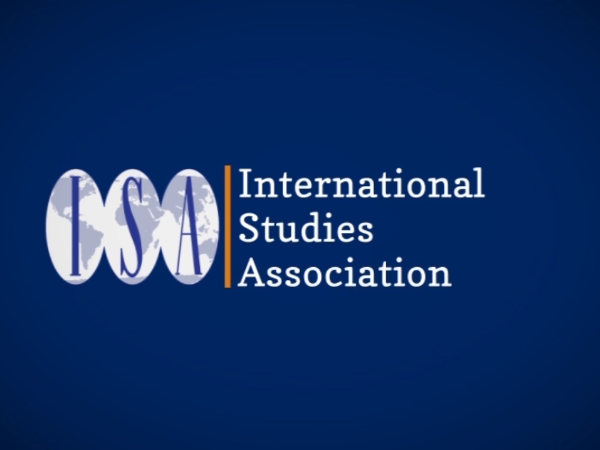

Real Struggles, High Stakes: Cooperation, Contention, and Creativity
Iterative waves of global crises have generated challenges in nearly every corner of human life. Catastrophic climate change, an ever-morphing global pandemic, widening democratic decline, rising economic inequality, increasing violence, and worries of geopolitical rivalry and war join deeply entrenched systemic racism and sexism to create a toxic cocktail. Meanwhile, studying and teaching about global affairs has become more difficult as the academy faces its own uncertainties surrounding health, equity, funding, and disputes over free expression.
High stakes can produce cooperation as we have seen in the unprecedented mobilization around women’s issues, racial justice, climate change, support for democracy, and, most recently, Ukraine. It can prompt anxiety and contention as it has, for instance, in increasing polarization and repressive police responses to social protests across many parts of the globe and in Russia’s invasion of Ukraine. And, when faced with dire circumstances, people can be quite creative – in caring for others, in generating solidarity, or in understanding and solving problems.
The 2023 conference aims to address this high-stakes moment and our responses to it. We see great value in exploring how this time is framed and understood among the different sections, regions, and caucuses in ISA; within distinct theoretical, epistemological, and ontological traditions; and among practitioners and scholars. We especially encourage proposals that engender conversation between those with different substantive, theoretical, epistemological, and historical positions. Finally, we urge reflection on how this moment is impacting different members of the academy and the practitioners (including activists) with whom they engage as well as how academic organizations and scholars are responding.
In contemplating these issues, we encourage proposals that take full advantage of the array of organizational modes – from town halls to cafes to junior scholar symposia to pedagogy conversations to poster sessions (perhaps with coffee and/or cocktails) to “office hours” to roundtables and panels. We also hope for proposals for field reports related to different themes. Field reports could cover the state of thought in particular areas, what is happening on the ground, particularly successful collaborations, or efforts to bridge the gap between academics and practitioners, to name a few possibilities. In short, we encourage proposals with innovative modes of gathering as well as innovative ideas and research.
You might consider the following questions to generate proposals:
- How have people, communities, organizations, regional and global institutions, and states responded to extraordinary difficulties in the past?
- Are there lessons, positive or negative, to be learned for today, for the future?
- What are the roles for scholars and scholarship in these high-stake struggles?
- What are scholarly responsibilities in these times?
- What modes of engaged scholarship – as well as engagement in policy advocacy and activism – are possible and most effective and rewarding?
- What are the barriers to productive engagement and how can they be overcome?
- What kinds of creativity are we seeing, under what circumstances, and with what effect?
- What are the important sites of contention and struggle in international relations/global politics, and in their study? How can we better understand, explain, and address such contestation and its effects?
- How do struggles intersect to generate high stakes? What forms of creativity (in social movements, in policy responses, and in scholarship) capture and respond to these intersections?
- How does our digital age impact how people respond to crisis?
Types of Submissions
- Papers: Accepted papers will be formed into panels by our Program Chairs. They require a title (limited to 50 words), an abstract (limited to 200 words), three tags, and at least one author.
- Panels: Panels are submitted in full with five papers for review by our Program Chairs. They require a title (limited to 50 words), an abstract (limited to 200 words), three tags, a chair, a discussant, and exactly five papers. Please note that we do not accept four or six paper panels.
- Roundtables: Roundtables are submitted in full for review by our Program Chairs. They do not have papers and are designed for expert discussion on a topic. They require a title (limited to 50 words), an abstract (limited to 200 words), three tags, and at least five participants in addition to one chair.
- Junior Scholar Symposium: JSS submissions are not a separate submission type, but all individual papers can also be marked for consideration for this program (you'll find a check box at the bottom of the general tab in the submission form).
- Innovative Format Panels: Innovative Format Panels aim to provide innovative modes of presentation for participants. Moving beyond the traditional panel room format (audience seating in front of a head table and podium), these sessions allow submitters some ability to tailor the room setup to the needs of the session.











